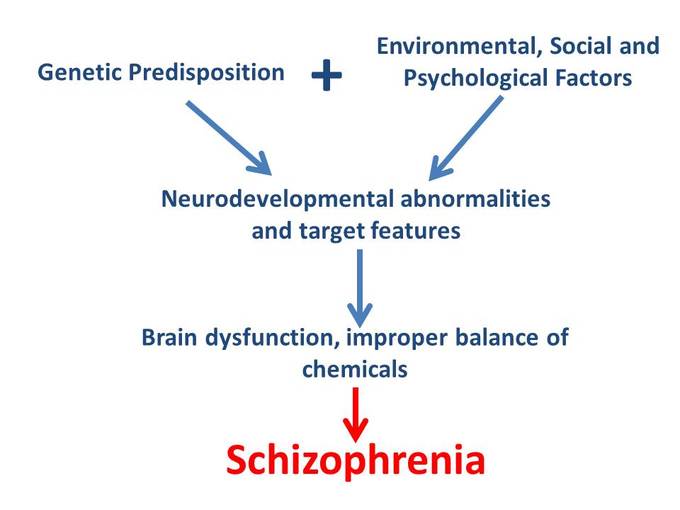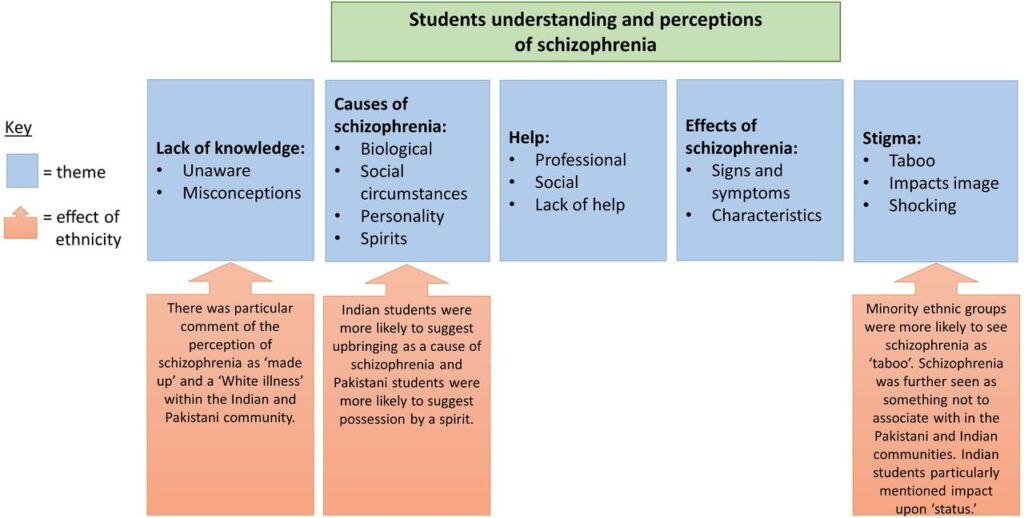Schizophrenia, often abbreviated as SZ, is a complex and chronic mental health condition that affects how a person thinks, feels, and behaves. It is one of the most misunderstood disorders, often surrounded by stigma and misconceptions. This article aims to provide a comprehensive understanding of schizophrenia, shedding light on its symptoms, causes, diagnosis, treatment options, and the challenges faced by those living with the condition.

What is Schizophrenia?
Schizophrenia is a severe mental health disorder that falls under the category of psychotic disorders. People with this condition may experience a disconnection from reality, leading to hallucinations, delusions, and impaired thinking. These symptoms can significantly interfere with daily functioning, relationships, and overall quality of life.
The term “psychosis” is often used interchangeably with schizophrenia, but it is important to note that psychosis refers to a broader set of symptoms that can occur in various mental health conditions, including bipolar disorder and severe depression. Schizophrenia, however, is characterized by persistent psychotic symptoms alongside other cognitive and emotional disturbances.
Key Symptoms of Schizophrenia
The symptoms of schizophrenia are typically divided into three categories: positive symptoms, negative symptoms, and cognitive symptoms. Each category reflects different aspects of the disorder and contributes to the challenges faced by individuals.
Positive Symptoms
- Delusions: False beliefs that are not based in reality. For example, a person may believe they are being followed or that their thoughts are being controlled by an external force.
- Hallucinations: Sensory experiences that occur without any external stimulus. Auditory hallucinations, such as hearing voices, are the most common type experienced by people with schizophrenia.
- Disorganized Thinking: Difficulty organizing thoughts, which may manifest as incoherent speech or jumping between unrelated topics.
- Abnormal Motor Behavior: Unpredictable or inappropriate movements, ranging from agitation to catatonia (a state of unresponsiveness).
Negative Symptoms
- Reduced Emotional Expression: A lack of facial expressions, eye contact, or vocal tone, making it difficult for others to gauge emotions.
- Loss of Motivation: A diminished ability to initiate or sustain activities, even those that were once enjoyable.
- Social Withdrawal: Avoidance of social interactions and a preference for isolation.
- Difficulty Experiencing Pleasure: An inability to derive joy from everyday activities.
Cognitive Symptoms
- Impaired Attention: Trouble focusing on tasks or conversations.
- Memory Problems: Difficulty remembering information or recalling past events.
- Poor Executive Functioning: Challenges with planning, decision-making, and problem-solving.
Causes and Risk Factors
The exact cause of schizophrenia remains unknown, but research suggests that it arises from a combination of genetic, biological, psychological, and environmental factors. Understanding these influences can help demystify the condition and reduce stigma.
Genetic Factors
Schizophrenia has a strong genetic component. Individuals with a family history of the disorder are at a higher risk of developing it themselves. Studies involving twins have shown that if one identical twin has schizophrenia, the other twin has a significant chance of also being affected, highlighting the role of genetics.
Brain Chemistry and Structure
Imbalances in neurotransmitters, particularly dopamine and glutamate, are believed to play a role in the development of schizophrenia. Abnormalities in brain structure, such as enlarged ventricles or reduced gray matter, have also been observed in some individuals with the condition. These findings suggest that disruptions in brain development or function may contribute to the onset of symptoms.
Environmental Triggers
Certain environmental factors can increase the risk of developing schizophrenia, especially in individuals who are genetically predisposed. These include:
- Prenatal Exposure: Complications during pregnancy, such as malnutrition, infections, or exposure to toxins, may increase the likelihood of schizophrenia later in life.
- Childhood Trauma: Experiencing abuse, neglect, or significant stress during childhood can elevate the risk.
- Substance Abuse: The use of psychoactive substances, particularly during adolescence, has been linked to an increased risk of developing the disorder.
Diagnosing Schizophrenia
Diagnosing schizophrenia can be challenging, as there is no single test to confirm its presence. Instead, healthcare professionals rely on a comprehensive evaluation that includes clinical interviews, medical history reviews, and assessments of symptoms. The process typically involves ruling out other potential causes of the symptoms, such as substance abuse or other medical conditions.
Diagnostic Criteria
To receive a diagnosis of schizophrenia, an individual must exhibit specific symptoms over a prolonged period. According to widely accepted guidelines, the following criteria must be met:
- Presence of at least two of the following symptoms for a significant portion of time during a one-month period: delusions, hallucinations, disorganized speech, grossly disorganized behavior, or negative symptoms.
- Significant impairment in social or occupational functioning.
- Continuous signs of disturbance persisting for at least six months.
Treatment Options
While schizophrenia is a lifelong condition, effective treatments can help manage symptoms and improve quality of life. A combination of medication, therapy, and support services is often recommended to address the multifaceted nature of the disorder.
Medications
Antipsychotic medications are the cornerstone of treatment for schizophrenia. These drugs work by regulating neurotransmitter activity in the brain, particularly dopamine. There are two main classes of antipsychotics:
- First-Generation Antipsychotics: Also known as typical antipsychotics, these medications were developed earlier and are effective in reducing positive symptoms. However, they may cause significant side effects, such as tremors and muscle stiffness.
- Second-Generation Antipsychotics: Also called atypical antipsychotics, these newer medications are associated with fewer movement-related side effects and may also address negative and cognitive symptoms more effectively.
Therapy and Counseling
In addition to medication, various forms of therapy can play a crucial role in managing schizophrenia:
- Cognitive Behavioral Therapy: Helps individuals identify and challenge distorted thought patterns, reducing the impact of delusions and hallucinations.
- Family Therapy: Educates family members about the condition and provides strategies for supporting their loved one while maintaining their own well-being.
- Social Skills Training: Focuses on improving communication and interpersonal skills to enhance social functioning.
Support Services
Community-based support services are essential for individuals with schizophrenia. These may include:
- Vocational Rehabilitation: Assists individuals in finding and maintaining employment.
- Housing Assistance: Provides safe and stable living environments.
- Peer Support Groups: Offers opportunities to connect with others who understand the challenges of living with schizophrenia.
Challenges Faced by Individuals with Schizophrenia
Living with schizophrenia presents numerous challenges, both for individuals diagnosed with the condition and their families. Addressing these challenges requires a compassionate and informed approach.
Stigma and Misunderstanding
Despite advances in mental health awareness, schizophrenia remains heavily stigmatized. Misconceptions about violence, unpredictability, and incapacity often lead to discrimination and social exclusion. Challenging these stereotypes is crucial to fostering a more supportive environment for those affected.
Access to Care
Many individuals with schizophrenia face barriers to accessing appropriate care, including financial constraints, lack of insurance coverage, and limited availability of specialized services. Ensuring equitable access to treatment is vital for improving outcomes.
Co-Occurring Conditions
Schizophrenia frequently coexists with other mental health conditions, such as depression, anxiety, or substance use disorders. Managing multiple conditions simultaneously can complicate treatment and require a tailored approach.
Final Thoughts
Schizophrenia is a complex and multifaceted mental health disorder that requires a nuanced understanding. By exploring its symptoms, causes, and treatment options, we can better support individuals living with the condition and work toward reducing stigma. Continued research and advocacy efforts are essential to improving the lives of those affected by schizophrenia.





